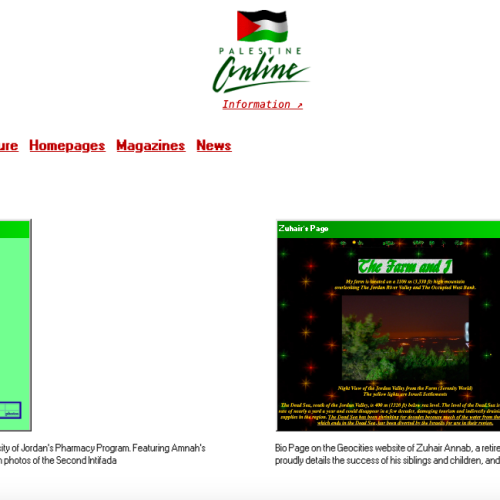In light of the horrifying events in Palestine, the stark reality of our current world has become painfully and brutally evident. Cultural institutions, and museums, collectives, and art spaces that we praised and once saw as a safe space, all seem to be complacent in regards to the ongoing genocide of the Palestinian people. On Oct. 11, French municipality of Choisy Le Roi canceled the performance of the play “And Here I Am” by the Freedom Theatre—a Jenin-based production spanning from the first intifada to the second, sparking backlash and criticism for silencing Palestinian voices. And they weren’t the only ones to come under fire in recent weeks.
Not long after, Germany-based literature club Litprom postponed the award ceremony for the distinguished Palestinian writer Adaina Shabil, recognizing her novel A Minor Detail at the Frankfurt International Book Fair. The University of Potsdam in Germany also canceled a talk featuring Palestinian artist Emily Jacir. In an alarming turn of events, Art Forum magazine dismissed its editor-in-chief, David Velasco, for supporting Palestine through a petition calling for an immediate ceasefire, while Christie’s in London withdrew two paintings by Lebanese artist Ayman Baalbaki from a scheduled sale, citing concerns about expressing “Islamist extremism.” Unfortunately, the list goes on.
As part of a broader censorship campaign, a number of theaters, cultural institutions, and academic entities are silencing pro-Palestinian voices in the artistic and cultural realm, instigating a pervasive phobia around anything related to Arab or Islamic culture— a phobia that, although always lingering, has now become more pronounced than ever.
This is where Index Palestine comes in.The online directory is actively recording and monitoring the political stance of art spaces, cultural institutions, collectives, and virtual personas towards the current and ongoing Palestinian Liberation movement.
Initially established on May 18, 2021, as a public spreadsheet compiled through contributions from the global arts and cultural community, the index has assumed a crucial role in shedding light on the political landscape.
“26 days have passed and on every single day of them, a new massacre unfolded before our eyes. 26 days have passed, and there are no longer words that can describe the ongoing horror inflicted upon the Palestinian people on their land. 26 days and the stench of complicity of the self-proclaimed democratic governments of the world is nauseating. 26 days of a significant rise of facism, racism, and hate speech against Palestinans and Arabs in the mainstream media of the ‘civilized world’ and amidst ruthless smearing campaigns, intimidation, and censorship of individuals within the academic and cultural sphere,” the Index Palestine said on a statement released Nov. 3.
“We have monitored over the past weeks the alarming increase of censorship and de-platforming of culture workers and artists for expressing their political views, declaring solidarity with the Palestinian people, or simply based on their identity,” they added.
More than a staggering 11,100 civilians, including over 4,600 children, have been killed by Israel’s airstrikes on Gaza since Oct. 7. The toll includes 40 journalists, 198 medical staff, 130 teachers, and school administrators. Over 28,000 have been injured, including 8,600 children, with at least 3,250 reported missing still buried under the rubble.
In response, the call to action is clear: by boycotting and holding cultural institutions, art spaces, and media structures accountable for their glaring complacency, we can begin to shift the unjust narrative to a just one. It is through these collective actions that we have the power to enact revolutionary changes.









